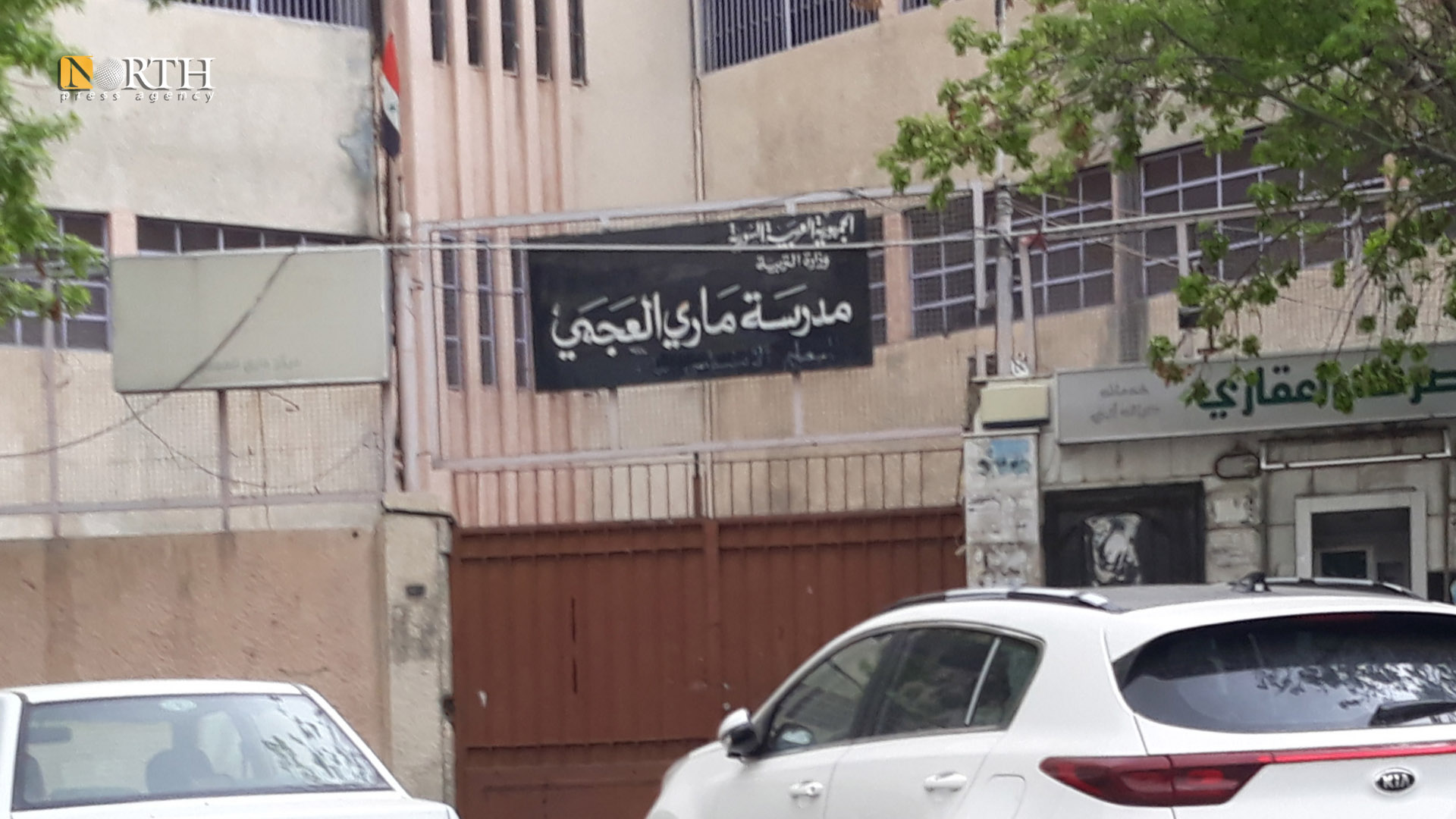Syria’s Damascus residents dissatisfied with government measures’ absence to confront Covid-19
DAMASCUS, Syria (North Press) – On Tuesday, residents in the Syrian capital, Damascus, expressed their dissatisfaction with the government’s lack of precautionary measures to confront coronavirus, in light of increasing number of infections.
The governorates of Damascus and Rif Dimashq are witnessing an increasing number of coronavirus infections, especially among school students, amid refusal to suspend school attendance.
“I have stopped sending my children to school because there are coronavirus infections among the students,” Zeid Dahdal, 40, owner of a clothing store, told North Press.
“The School Health Directorate has not taken the necessary preventative measures, but it has only prevented students with symptoms from attending school,” Dahdal added.
He pointed out that every month he is forced to buy three packages of face masks, each priced at up to 15,000 Syrian pounds (SYP), in order to protect his children, which has become an additional financial burden for him.
Sana’ Qasu’a, 35, a pseudonym for a female employee of the Ministry of Communications, who resides in the Abbasid neighbourhood eastern Damascus, told North Press that “the reason led her both sons to be infected with the virus is school.”
“How can they not be infected? The number of students in the class is 50,” she wondered.
“I do not know how many other children have been infected, but my children are certainly not the only ones, with this large number of students,” Qasu’a added.
“The spread of infection among students cannot be controlled,” said Sana’ Issa, a pseudonym for principal of a Damascus primary school.
“Every three students in my school share one seat,” she added.
She pointed that “three students have been suspended from school, after symptoms.”
The country is approaching a third peak regarding the spread of coronavirus, while the government authorities are only talking about preventative measures with little action.

